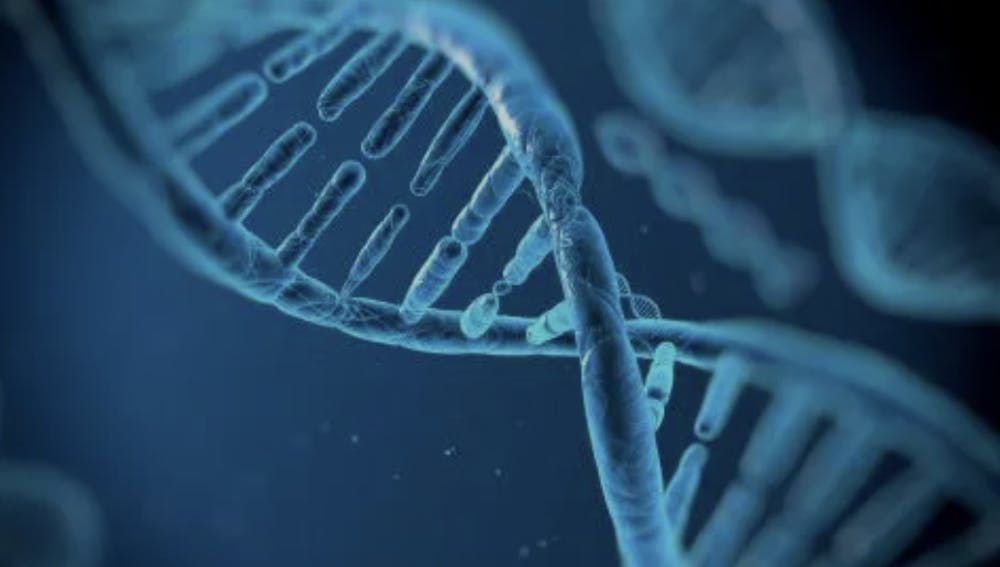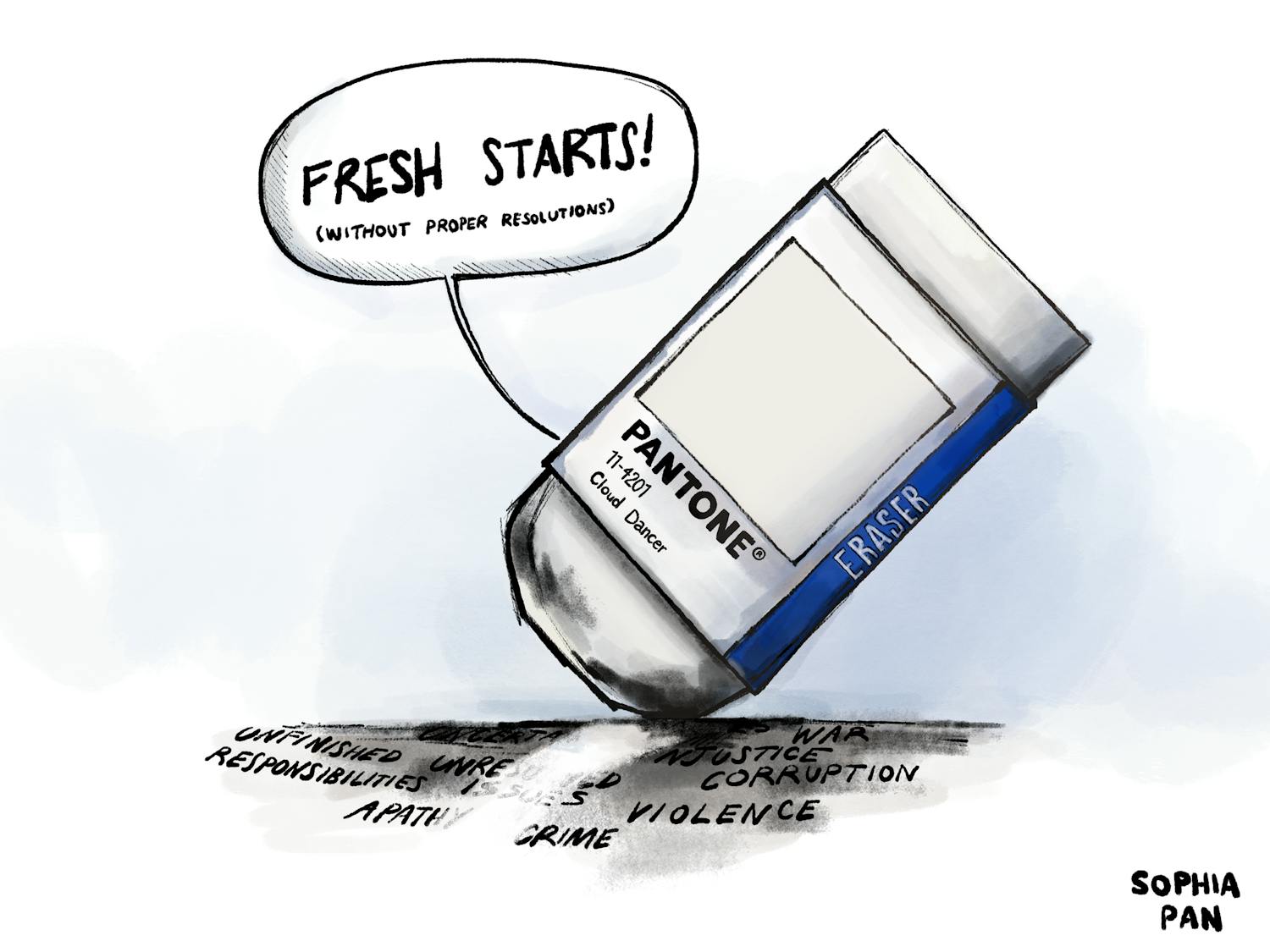It was Christmas Eve, I was 4 years old, and my parents were taking my sister to the hospital. She had been diagnosed with Leukemia. No one knew it then, but hospitals would become an indelible part of my family.
At 13 years old, when my parents shared that my father had been diagnosed with Lymphoma, I knew that this, too, was a blood cancer, like my sister’s.
At 15 years old, when my grandmother underwent multiple scans, I knew it was cancer again. We became a ‘cancer family’ as the genetic wheel relentlessly spun.
Could we break this cycle? Shouldn’t I, and anyone with a history of cancer in their family, be proactive in breaking this cycle?
Medical researchers seem to think so, since my mother often receives emails recruiting prospective adolescent participants for different genetic testing studies.
The prevailing medical discourse is that prevention and early intervention are the best weapons in the medical arsenal— enter Genetic Screening.
In Biochemistry class, we learned about Predictive Gene Testing, a method of genetic screening that identifies people at risk of getting a disease before any symptoms present by checking their DNA samples for mutations.
I was instantly intrigued by the possibility of knowing my fate, but as we discussed the ethics surrounding it and I did additional research, my stance shifted.
I wouldn’t want to know.
Simply learning about your genetically embedded predisposition would not save you any torment, especially because it’s wholly possible to be told that you’re at risk, but never develop the disease.
If anything, it would lead to an unceasing fear of the dreaded diagnosis. Would it be worth the burden of knowing? People with a family history of cancer are typically aware of their elevated chances. So what benefits does predictive gene testing really provide?
Further, there are financial implications that are often invisible at first glance.
Enjoy what you're reading?
Signup for our newsletter
Though the Affordable Care Act requires most private health insurers to cover genetic testing for people at high risk of having certain harmful mutations, insurers are not required to cover recommended follow-up care for patients.
It is unfair to offer genetic testing without it being able to provide a confirmed solution– genetic testing offers only a vague diagnosis, not a cure.
Knowing how heavy a diagnosis can weigh on the shoulders of a family, I don’t believe it’s productive to be forewarned of information that would completely disrupt your life in the present and possibly not change anything for you in the future.
As someone from a ‘cancer family’, the burdens of predictive gene testing greatly outweigh the benefits. Genetic screening has a long way to go before it becomes actionable. Until then, I politely decline the offer.
__________________________________________________________
Pierson, L., & Pierson, E. “Genetic Risks for Cancer Should Not Mean Financial Hardship”. The New York Times. Nov 26. 2021.
Excerpted from NOVA. “Cracking Your Genetic Code: Should We Screen for Cancer Cenes?” PBS LearningMedia. Feb 3. 2021.




